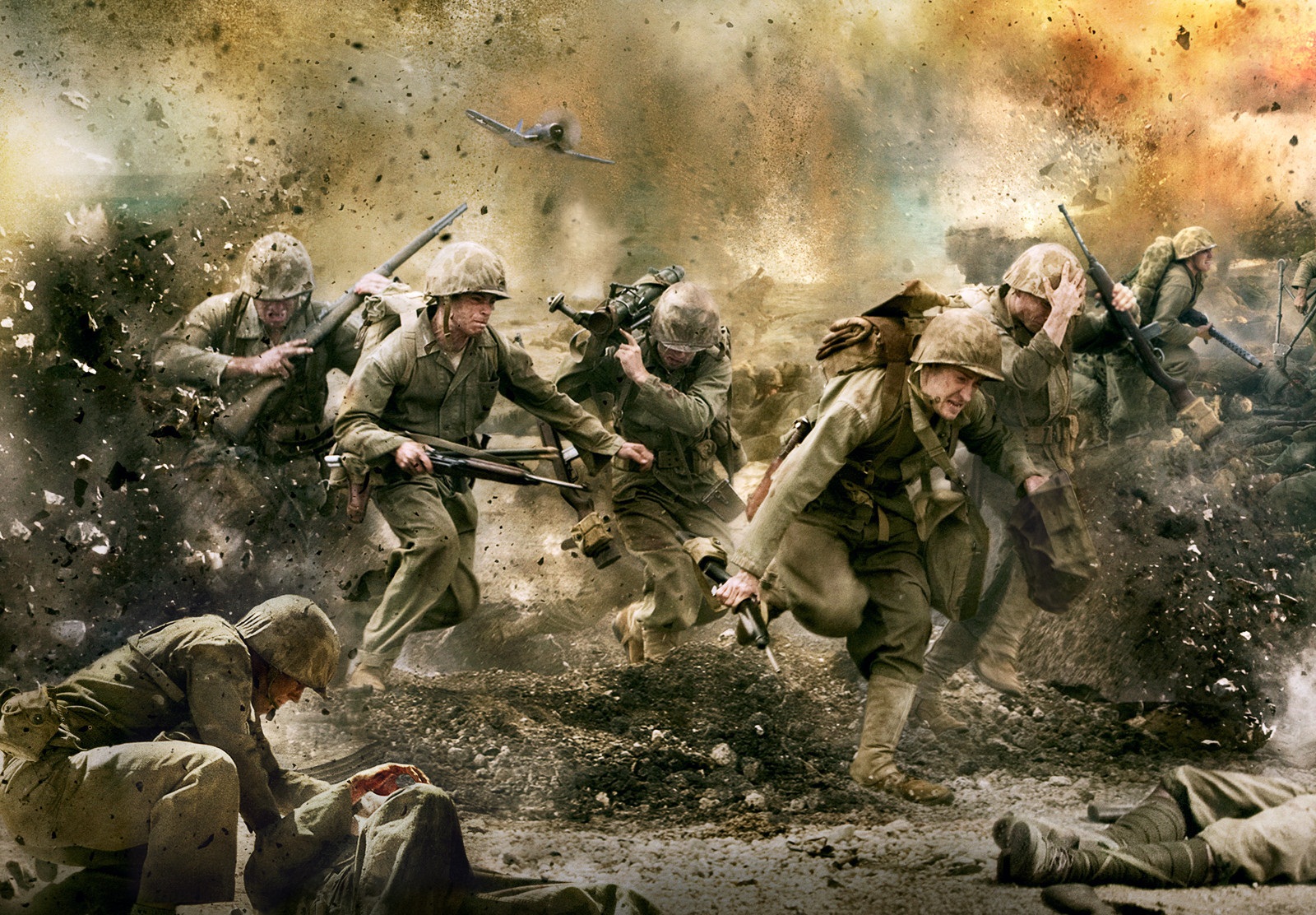

If you think that WWII was all about physical loss, like who died or what is destroyed, you have really missed the effect of it. The influence of the war on the people at that time was far more than crying their dear people and possessions. Of course all this is highly important, but one existential question was pressing for the collective mind at the time. And this question simply was: are humans able to cause all this chaos? People at that time got bewildered at how humanity turned out to be full of hatred and staggering inclination to destroy everything. And that is when they started to lose faith in God. The war was beyond their capacities to understand or rationalize because it was itself irrational. Therefore, many analysts took WWII as the topic of their studies for decades. Though most of the good things written about the war was in the form of books, some of the good essays you will need to read are listed below.
10 Bushido: The Valor of Deceit
Written by Holly Senatore, the article discusses the way the Japanese treated the POWs during the war. It shows how the humiliation and torture they received was so big that these incidents are considered phenomenal.
9 Momentum Lost: The Battle for the Arnhem Startline
Thomas Leckwold focuses in his essay on the capture of Antwerp in 1944 and how the British stopped for a while during the war due to the lack of resources. The British army at that time was in its weakest moments because of scarce food, ammunition and repository.
8 Baptism of Fire: Kasserine Pass, 1934
Written by Eric Niderost, the essay goes back to the 1943 when the Allies were so expectant. Though at the Second Battle of El Alamein the British Army was defeated; the Allies were confident that they will achieve the final victory in North Africa.
7 Operation Market-Garden: British Ground Operations on September 17, 1944
Again Thomas Leckwold attracts our attention and directs it toward the Market-Garden as the greatest operation accomplished in the air during WWII, Market-Garden, finally failed. Failure, though, was not initiated aerial, but from the ground forces that was supporting the air operation.
6 Polish Cavalry: A Military Myth Dispelled
Alexander Zakrzewski focuses in his essay on something sensitive and critical in the structure of any army. The German army had in 1939 a point of weakness in its infantry section, the thing that was exploited by their enemies and led to the momentary defeat of the German.
5 Mush Morton and the crew of the Wahoo, War Criminals?
David Johnston sheds the light on Wahoo, a submarine under the command of Dudley Mush. In his submarine, Mush starts a gun battle that would become later on a very important incident in the life of Mush and his Wahoo.
4 How Arnhem was Lost around Eindhoven
Ruud Bruyns give us an article about the Market Garden air operation and its failure. Many opinions have been given, though it may be a confusing issue, but Bruyns sees that it was lost in the Brabant.
3 Remember the Alamo!-Anzio!: The Brave and Controversial Texas Army National Guard in WWII
The Alamo defenders, the San Jacinto, and the fight for independence by the people of Texas are the topic of Landon McDuff essay. TXARNG, which is a military force that is helping the federal Army by fighting in weekends only, is another focal point in McDuff essay.
2 A Turn Too Far: Reconstructing the End of the Battle of the Java Sea
Jeffrey Cox analyzes the Battle of the Java Sea and the reasons of the defeat. He looks deeply on the useless efforts of the Australian and British to escape the sea.
1 Turning East: Hitler’s Only Option
Thomas Tripp evaluates Hitler’s decision of invading the Soviet Union. His decision led – in four years time- to the destruction of Germany itself, which was known at the time as the third Reich. He did this , though, because he believed he could put a leg in the east easily.